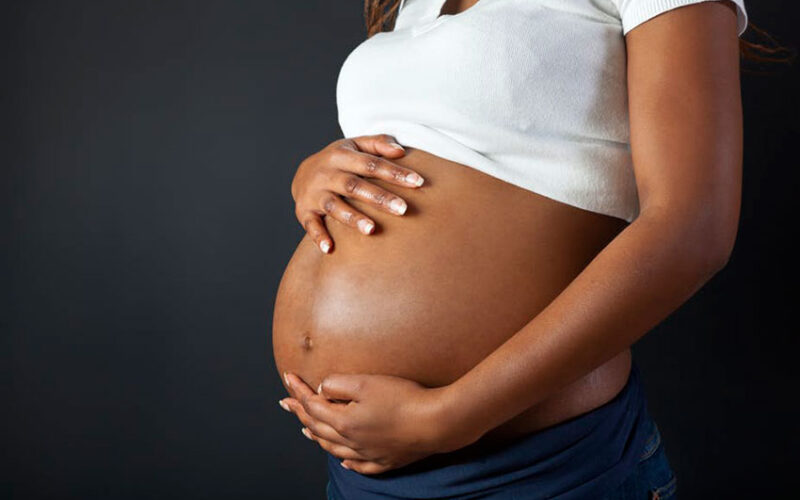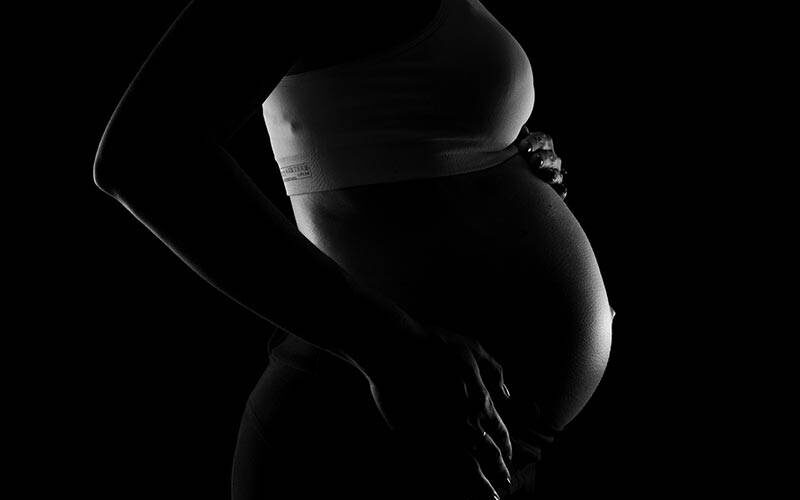
The role of bias in how women are treated during childbirth: a Kenyan case study
GLOBAL maternal mortality is unacceptably high. Around 810 women die every day from preventable causes related to childbirth and childbirth. PATIENCE AFULANI, Assistant Professor, University of California, San Francisco A number of factors drive maternal mortality. In developing countries it is often due to women not having access to basic health-care during pregnancy and when they give birth. Another contributory factor is the way in which women are treated when they seek care. Read more: What drives abuse of women in childbirth? We asked those providing the care Studies in poor countries have highlighted disparities in respectful and responsive care…

